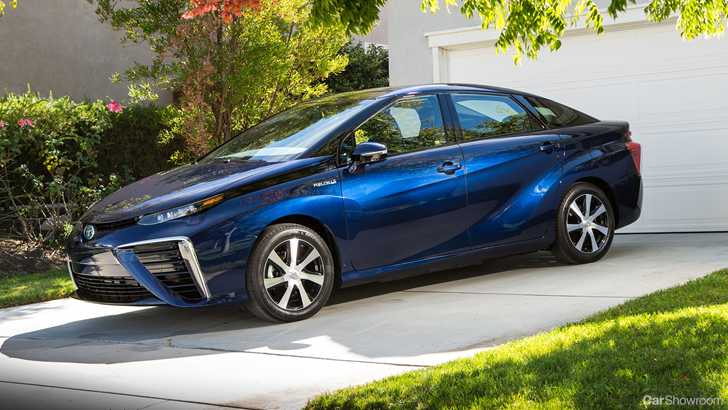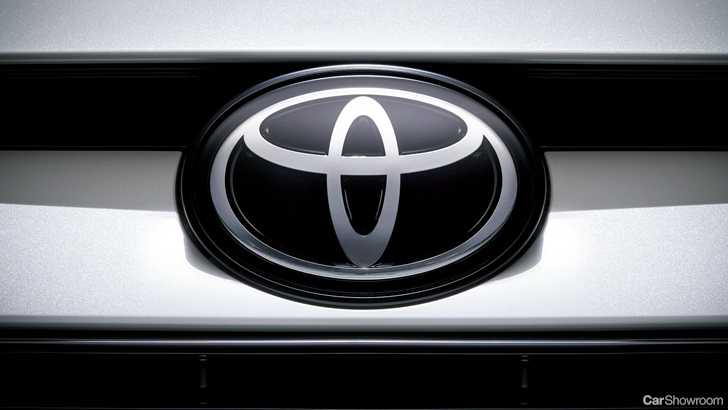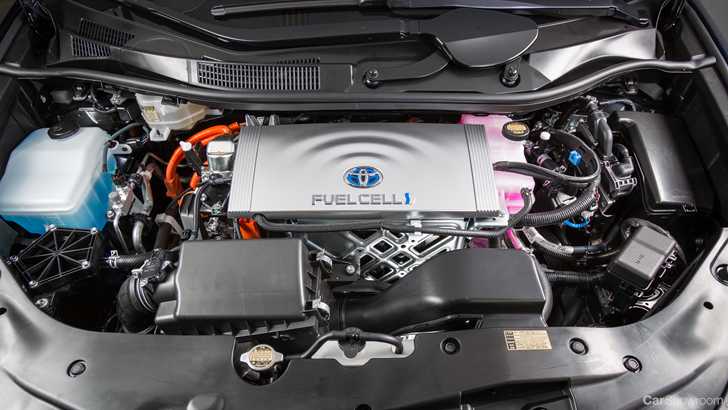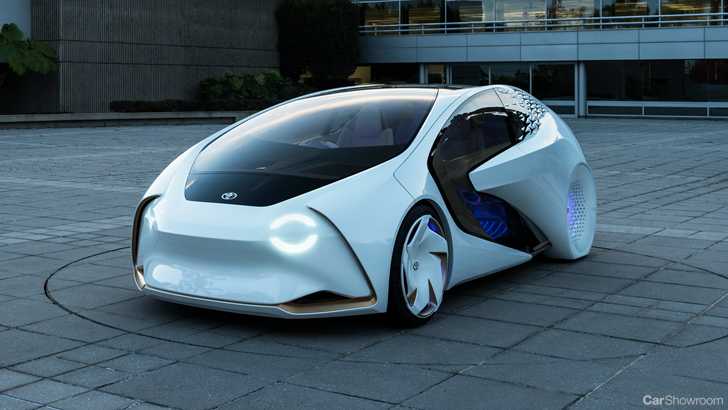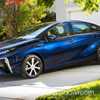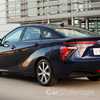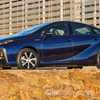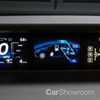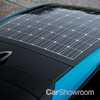Some of us might not be accepting of this approaching reality, but the truth is that the internal combustion engine is on the way out, and it’s been pretty clear we will one day abandon fossil fuel use altogether to power humanity’s energy needs.
The roadmap is a little obscured at this point as to what exactly will replace it insofar as vehicles, but climate change and tighter emissions regulations are getting to a point where the best science and engineering cannot escape the inherently dirty process of burning fossil fuel.
For all intents and purposes, we’ve reached ‘peak fuel’. As a result, we’ve had to resort to cleaner propulsion methods - specifically electrification - to offset the pollution generation and efficiency downfalls that are attached to internal combustion.
According to Autocar, Toyota predicts that the drop off will be gradual, but will result in a total eschewing of the internal combustion engine by the year 2050, according to their head of advanced R&D and engineering, Seigo Kuzumaki.
By 2040, a decade prior to this pivotal point of total global abandonment, internal combustion engine cars will make far less financial sense to manufacture and keep in use than the equivalent alternatively powered vehicle - be it fully electric or a hydrogen fuel cell, say. From there, the production of petrol/diesel vehicles - even ones supplemented by an electric motor and chargeable battery (PHEV) - will taper down to the zero mark.
“We expect that by 2050 we will have reduced CO2 emissions from vehicles by 90% compared to the figure in 2010,” said Kuzumaki. “To achieve that from 2040 simple internal combustion engined cars will not be made, but they may be the basis of some hybrid or plug-in hybrid cars.”
By that point, it is expected that most major cities will have implemented laws to restrict urban travel to cars that have a smaller environmental footprint in order to maintain air quality and overall pollution levels, much like what Paris and Shanghai have announced. Further, the timeline coincides the July reveal by UK Environment Secretary Michael Gove that sale of new combustion-engine cars would be banned by 2040.
Currently, Toyota holds the title of having the largest market share by volume of electrified vehicles sold with 11 million to date, with the current estimates being that 43 percent of all non-combustion engine cars wear the Japanese automaker’s badge.
Other automakers are quickly catching up, though, even if their strategies vary. Right now, the Nissan Leaf remains the world’s best selling battery-electric vehicle while Tesla is rapidly gaining popularity as a high-end EV option and soon to reach higher production volume on their more affordable Model 3. Volkswagen and Daimler, meanwhile, have also outlined their own plans for a major push into electrification.
Toyota seem to have eggs in every basket, being one of the frontrunners in the burgeoning hydrogen fuel cell technology and concurrently being the largest patent holder for solid state batteries. While Toyota does plan to introduce a family of affordable electric vehicles from 2020 powered by the same sort of lithium-ion cells we’re used to seeing now, they plan to roll out these breakthrough solid state batteries soon after, offering a smaller and lighter package but much with higher energy density and more energy retention over time and charge cycles.
“We are getting close to developing cars using the technology, and we believe that we will be ahead of our rivals in achieving that,” said Kuzumaki.
For more on Toyota cars, check out our Showroom.
